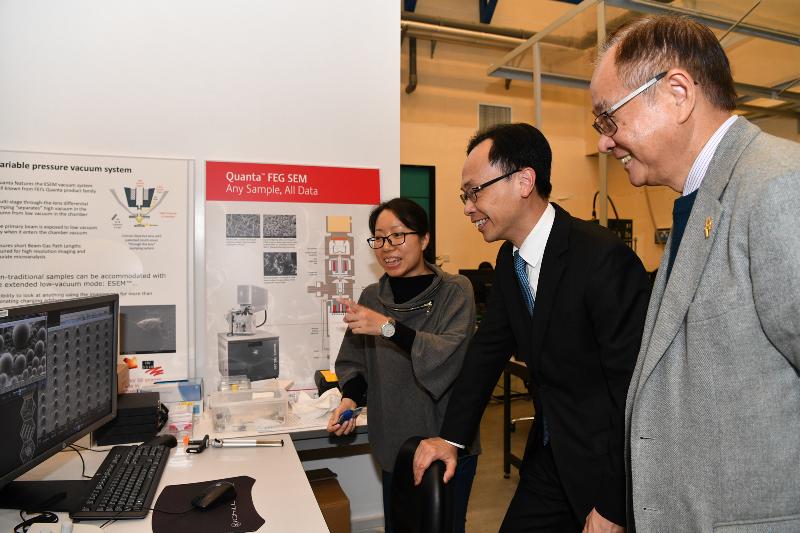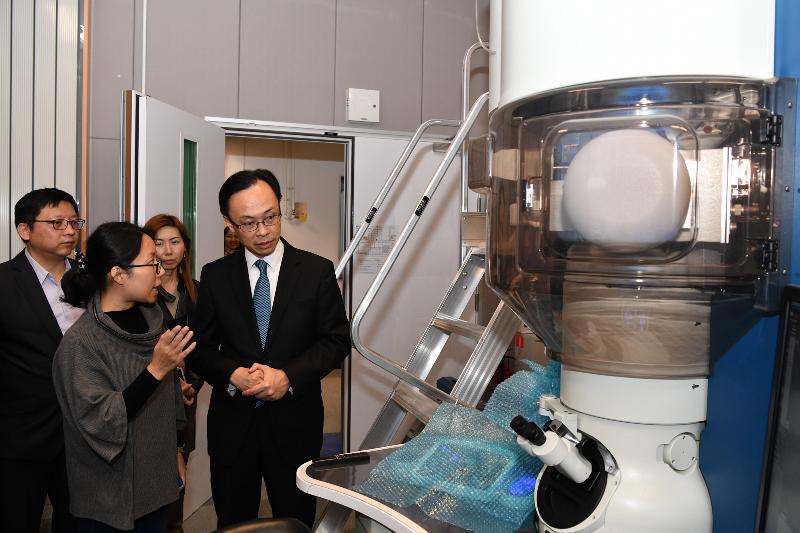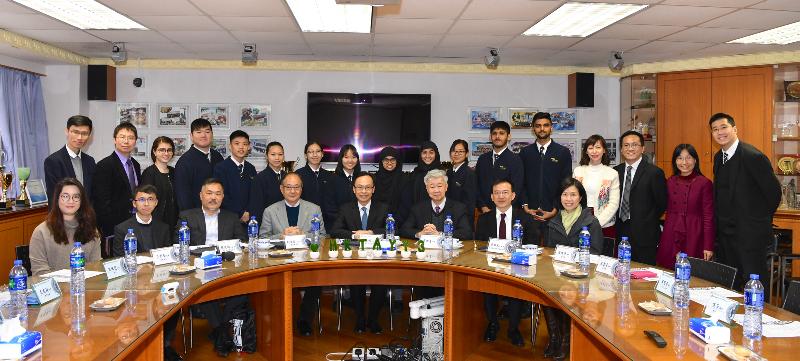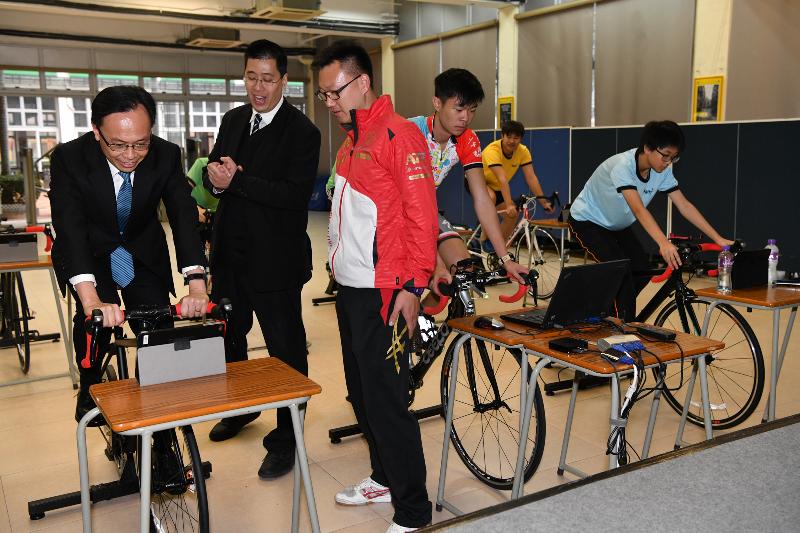The Centre for Health Protection (CHP) of the Department of Health (DH) today (December 28) reminded the public, particularly the elderly and people with chronic illnesses, to adopt appropriate measures to protect their health in view of the cold weather.
A spokesman for the CHP said that cold weather can easily trigger or exacerbate diseases, especially among the elderly and persons suffering from heart disease, respiratory illness or other chronic illnesses.
“Elderly people have less insulating fat beneath their skin to keep them warm and their body temperature control mechanism may be weaker. Their body may not be able to appropriately respond to the cold weather,” the spokesman said.
Some senior persons may have decreased mobility, which can in turn slow down their ability to generate and conserve body heat. Chronic illnesses, such as hypertension, diabetes and endocrine disorders, may undermine the health of elderly people and lower their metabolic rate, subsequently causing their body to generate less heat.
The CHP reminded the public, in particular the elderly and persons with chronic illnesses, to adopt the following preventive measures:
- Take note of the weather forecast. Wear warm clothing, including hats, scarves, gloves and socks accordingly;
- Consume sufficient food to ensure adequate calorie intake;
- Perform regular exercise to facilitate blood circulation and heat production;
- Stay in a warm environment and avoid prolonged outdoor exposure;
- Use heaters with care and maintain adequate indoor ventilation; and
- Seek medical advice if feeling unwell.
In addition, the public should avoid alcoholic beverages.
“Drinking alcohol cannot keep you warm. Alcohol accelerates the loss of body heat through dilated blood vessels, resulting in chilling instead,” the spokesman said.
“Parents should ensure that babies are sufficiently warm, but it is also important to keep babies lightly clothed to avoid overheating them,” the spokesman added.
Parents should observe the following safety measures when putting their children to bed:
- Keep the room well ventilated and with a comfortable temperature;
- Always place babies on their back to sleep. Babies usually sleep well without a pillow;
- Place babies on a firm and well-fitted mattress to sleep. Avoid soft objects and loose bedding;
- Leave their head, face and arms uncovered during sleep; and
- Let babies sleep in a cot placed in the parents’ room and near their bed.
Members of the public are advised to take heed of the following advice to reduce the risk of getting influenza and respiratory tract infections:
- Maintain adequate rest, a balanced diet and regular physical activity, and avoid stress and do not smoke;
- Maintain good personal and environmental hygiene;
- Maintain good hand hygiene via proper handwashing or use of alcohol-based handrub;
- Ensure good ventilation;
- Wear a face mask in the event of influenza-like symptoms, while taking care of patients and when visiting hospitals or clinics;
- Cover the nose and mouth while sneezing or coughing. Dispose of soiled tissue paper in a lidded rubbish bin and wash hands immediately afterwards;
- Seek medical advice when feeling unwell, and stay at home; and
- Receive seasonal influenza vaccination, which is suitable for all persons aged 6 months or above except those with known contraindications.
Food-borne diseases, particularly those linked to hot pot cuisine, are also common in cold weather. The following preventive measures should be taken:
- Wash hands before handling and consuming food;
- Do not patronise unlicensed vendors or those with poor hygienic standards while selecting food;
- Wash and cook all food thoroughly;
- Vegetables should be washed thoroughly in clean running water before cooking and consumption. When appropriate, scrub vegetables with hard surfaces with a clean brush to remove dirt and substances, including pesticide residues and contaminants, from the surface and crevices;
- Shrimps should be fully cooked by cooking them until the shells turn red and the flesh turns white and opaque;
- For shellfish like scallops and geoduck, scrub the shells thoroughly and remove internal organs;
- Most hot pot ingredients should be stored in a refrigerator at 4 degrees Celsius or below, while frozen food should be stored in a freezer at -18 degrees C or below;
- Never use raw eggs as a dipping sauce for hot pot; and
- Use different sets of chopsticks to handle raw and cooked food to avoid cross-contamination.
In addition, the public should not use charcoal as cooking fuel in poorly ventilated areas, especially indoors, to avoid harmful exposure to carbon monoxide (CO) and prevent CO poisoning. While using other kinds of fuel, the public should also ensure adequate ventilation.
For more health information, the public may call the DH’s Health Education Hotline (2833 0111) or visit the
CHP’s website and
Facebook Fanpage.
The public may also call Dial-a-Weather (1878 200) or visit the website of the
Hong Kong Observatory for the latest weather information and forecast, or its page on
Weather Information for Senior Citizens.
read more








